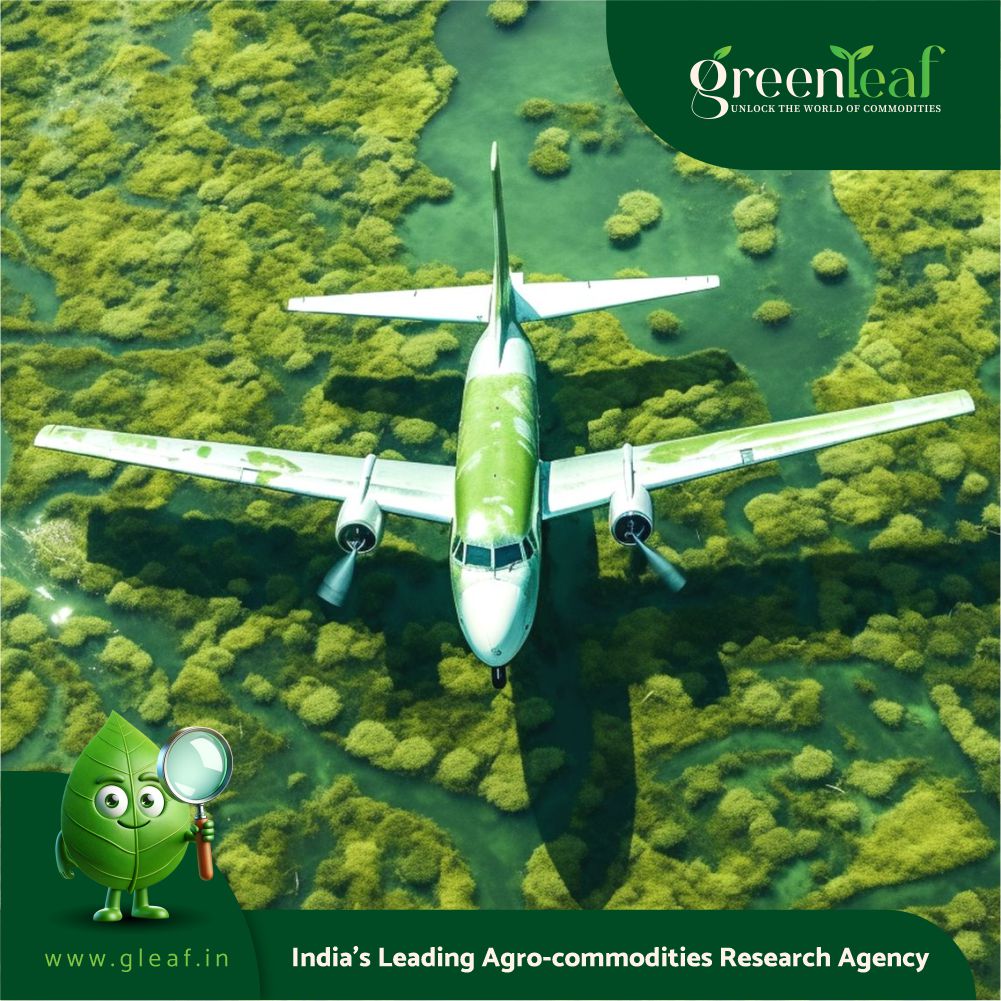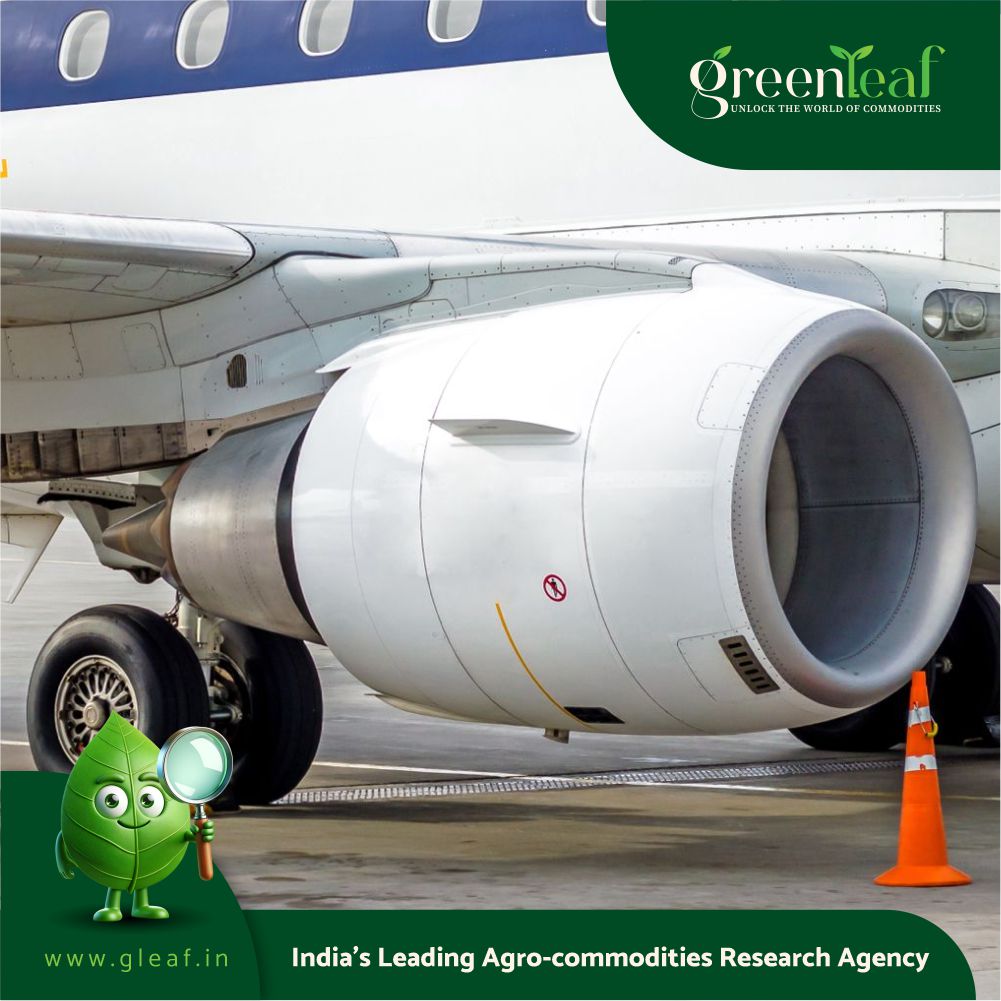Spain, Belgium, and Hungary are setting powerful new standards in sustainable aviation by collaborating with Wizz Air on groundbreaking Sustainable Aviation Fuel (SAF) initiatives. Through strategic partnerships, cutting-edge fuel technologies, and coordinated policy support, these nations are working alongside Wizz Air to significantly reduce carbon emissions across key flight routes. This collective effort not only strengthens Wizz Air’s position as one of the world’s most emissions-efficient airlines, but also positions these European countries as leaders in the global movement toward greener, lower-impact air travel.
Wizz Air, one of Europe’s fastest-growing ultra-low-cost carriers, has cemented its status as the world’s most emissions-efficient airline, according to the latest ranking by Cirium. The announcement comes alongside the release of the airline’s comprehensive Sustainability Report for the financial year ending 31 March 2025, showcasing its relentless commitment to environmental, social, and corporate governance (ESG) goals. The report, independently verified, underscores Wizz Air’s unparalleled progress across sustainability pillars, particularly in reducing carbon emissions and accelerating innovation through fleet modernization and sustainable fuel adoption.
Environmental Leadership Backed by Data
At the heart of Wizz Air’s sustainability achievements is its remarkable reduction in carbon intensity. The airline reported an industry-best CO₂ emission intensity of just 52.2 grams per passenger kilometer in FY2025—a figure that sets a new benchmark in the aviation sector. This milestone reflects Wizz Air’s strategic focus on reducing environmental impact without compromising operational efficiency or passenger affordability.
Much of this success stems from the airline’s investment in a next-generation fleet. With an average aircraft age of just 4.7 years, Wizz Air operates the youngest and most fuel-efficient fleet in Europe. Out of 231 total aircraft, 153 are state-of-the-art Airbus A321neo and A320neo models, powered by advanced Pratt & Whitney GTF engines. These engines slash fuel consumption and CO₂ emissions by up to 20%, while cutting noise pollution by 50% compared to previous models.
Fleet Modernisation Driving Future Sustainability
Wizz Air’s ambition is clear: operate an all-neo fleet by 2028. This forward-looking strategy positions the airline far ahead of its competitors in environmental performance. With more than 66% of its fleet already consisting of neo models, Wizz Air is executing a clear roadmap toward greener operations. The airline’s investments not only contribute to fuel savings but also strengthen its brand as a sustainability pioneer in aviation.
Marking 20 years of partnership with Airbus, Wizz Air introduced a special livery aircraft that symbolizes its future-forward approach to innovation. The aircraft’s unique design serves as a visual reminder of the airline’s role in shaping the next chapter of sustainable air travel.
Advancing SAF Deployment for a Cleaner Future
Wizz Air has also made significant strides in Sustainable Aviation Fuel (SAF) adoption. Between October and December 2024, the airline conducted SAF trial flights on key European routes, including Barcelona–Budapest and Brussels Charleroi–Budapest. These flights, powered in collaboration with Moeve and World Fuel Services, represent a critical step in testing and scaling alternative aviation energy sources.
Looking ahead, Wizz Air has set a target to use a 10% SAF blend across its operations by 2030. This goal aligns with global aviation climate objectives and reflects the airline’s commitment to transition toward low-carbon fuels in a pragmatic and data-driven manner.
A Decarbonization Roadmap with Global Impact
In a bold move coinciding with Earth Day 2025, Wizz Air revealed its long-term decarbonization roadmap. Aligned with the International Civil Aviation Organization’s (ICAO) aspirational target, the airline aims to achieve net-zero emissions in international aviation by 2050. The roadmap is not only a guide for Wizz Air’s internal operations but also a broader call to action for governments, regulators, and the global aviation industry.
Wizz Air emphasizes that achieving aviation sustainability requires deep collaboration across all sectors—airlines, fuel producers, regulators, airports, and passengers alike. As the industry moves toward its shared climate targets, Wizz Air stands out as a model of what’s possible through vision, investment, and execution.
Global Recognition Validates Progress
The aviation sector has taken note of Wizz Air’s efforts. In 2024, the airline received the ‘Best Airline for Carbon Reduction’ honor at the Carbon Awards organized by World Finance. Additionally, Wizz Air earned the CAPA Environmental Sustainability Award for Excellence for the third year in a row—solidifying its reputation as a leader in environmental responsibility.
These accolades affirm Wizz Air’s growing influence and reinforce its dedication to ESG principles. The awards also validate the airline’s holistic sustainability strategy, which encompasses not only environmental goals but also its social and organizational commitments.
Social Responsibility and Workforce Development
Wizz Air’s sustainability journey extends beyond carbon reduction. In FY2025, the airline welcomed over 2,300 new employees, boosting its total workforce to more than 9,000 people. With 112 nationalities represented across its staff, Wizz Air fosters a diverse and inclusive work culture that values international cooperation and multicultural collaboration.
The company’s employee growth reflects its expanding network and ambition to lead both environmentally and socially. Training programs, employee well-being initiatives, and safety enhancements continue to be major priorities, ensuring that the workforce grows in tandem with the company’s broader sustainability mission.
A Clear Vision for the Next Generation of Aviation
Wizz Air’s progress in FY2025 illustrates what determined, purpose-driven airlines can achieve. By coupling fleet innovation with bold decarbonization strategies and sustainable fuel adoption, the airline is actively transforming the aviation landscape.
As global pressure mounts for industries to reduce emissions and adopt more sustainable practices, Wizz Air’s achievements shine as a roadmap for others to follow. The airline is not only reducing its own carbon footprint—it is helping lead the entire aviation sector toward a cleaner, smarter, and more efficient future.















